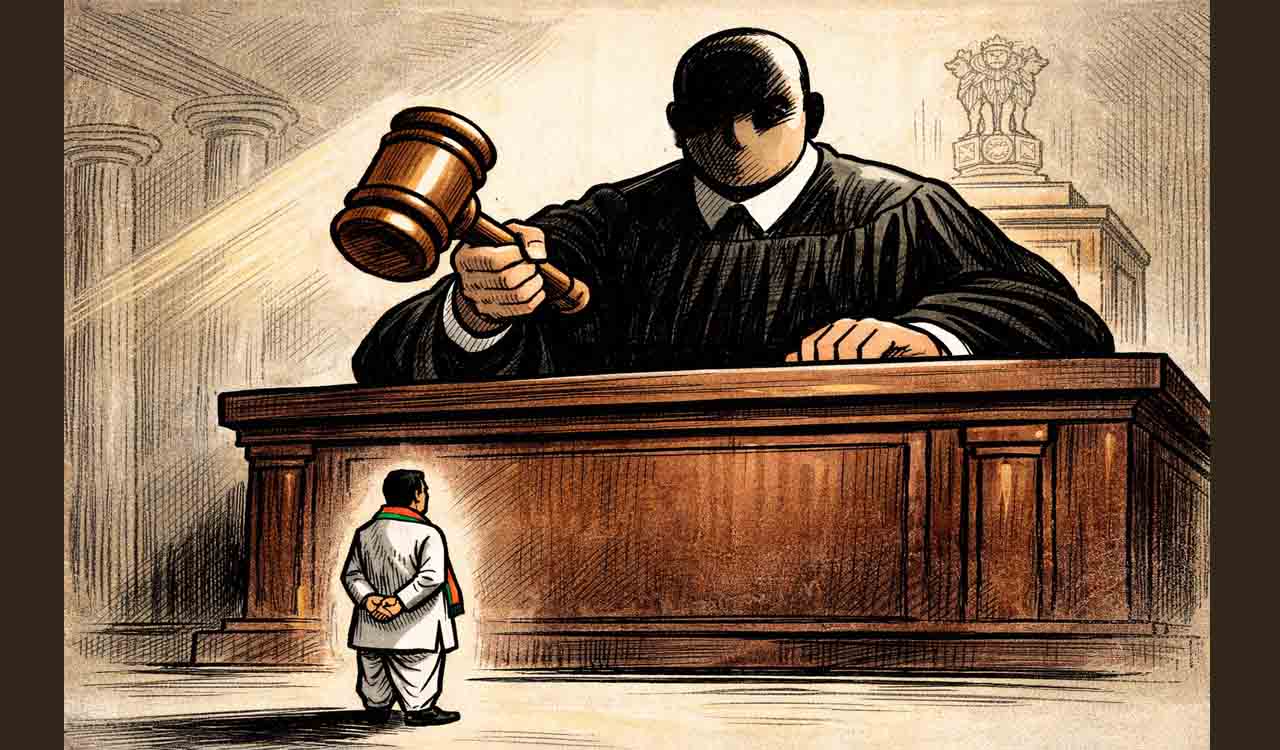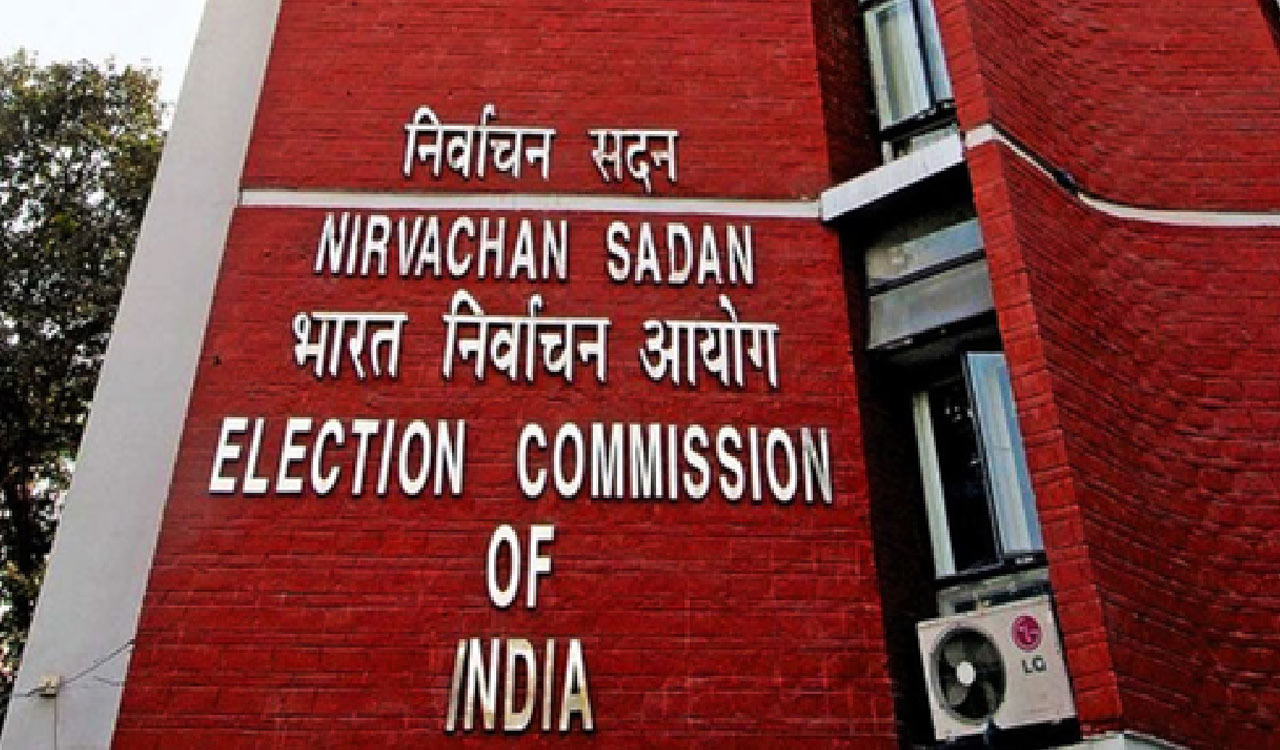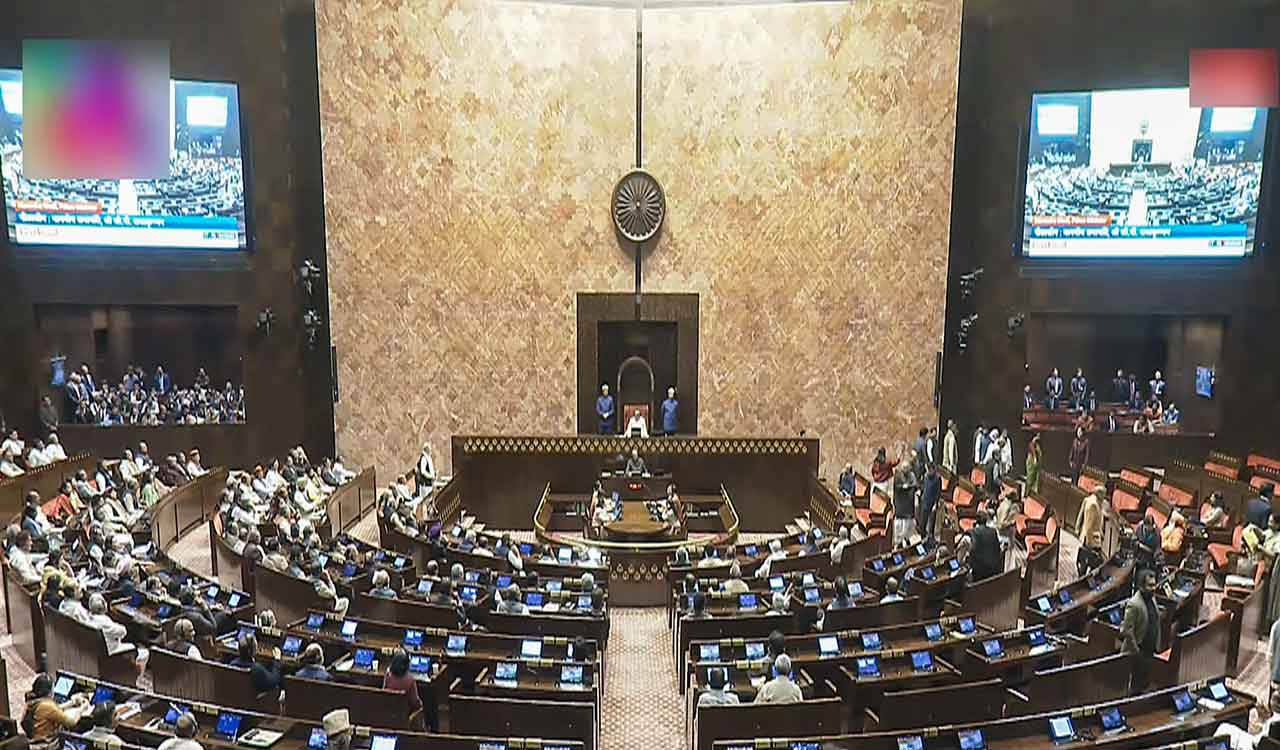Opinion: EC must rebuild trust with evidence, not denials
The Election Commission of India must learn from TN Seshan’s credibility reforms to prove transparency
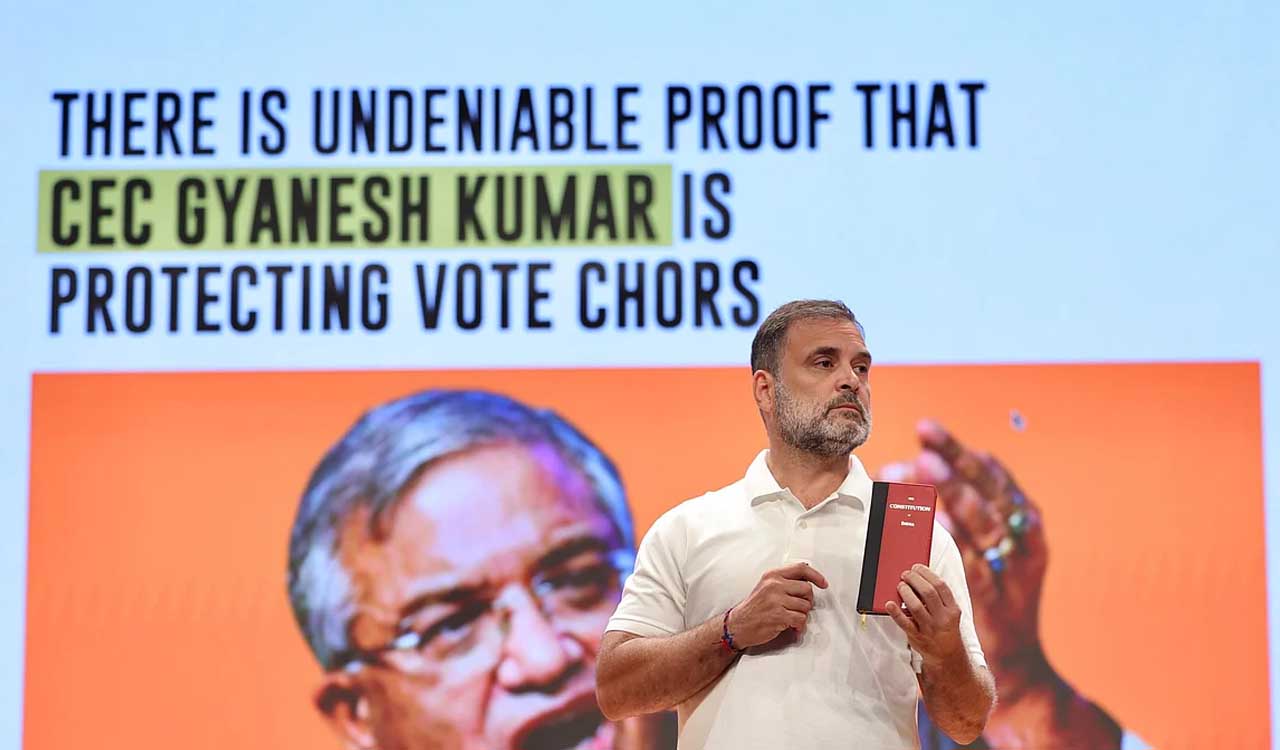
By Ravulapati Seetaramarao
It is unfortunate that the Election Commission of India (ECI) is engaging in self-justification in response to Rahul Gandhi’s allegations. A self-defensive posture does not serve constitutional institutions well. The public and political leaders will only understand the ECI’s transparency if it clearly explains what happened, how decisions were made, and provides documentary evidence instead of vague denials.
In a democracy, any constitutional body must function with transparency and impartiality, and avoid fostering unnecessary doubts until official statements are made. Rahul Gandhi, as Leader of the Opposition (Lok Sabha), accused the ECI of “criminal fraud” and alleged that its actions were wrong. Particularly concerning the 2024 elections, and especially in the Bengaluru Central Lok Sabha constituency, he claimed that one lakh fake voters were created to ensure a BJP victory. And now, based on data from a Karnataka Assembly seat, he has accused the ECI of deleting votes of Congress supporters, while also claiming voters were added in a fraudulent manner using automated software.
Allegations Levelled
By escalating this verbal battle, the Congress, rather than clarifying the truth, appears to be deliberately casting shadows of suspicion, which seems somewhat orchestrated at present, over the ECI. Rahul Gandhi announced five categories of “electoral malpractices”, blaming the Election Commission in a defamatory manner. It is regrettable that the ECI has not yet been able to fully and adequately refute these allegations.
The main allegation is that voters have registered multiple times in the same constituency. The Congress party has pointed out accusations such as individuals being registered in various States using identical electoral photo identity cards, as well as large numbers of voters being registered at the same address. These issues are not confined to Mahadevpur in Karnataka alone; the Congress claims that such irregularities have come to their attention in many constituencies where the BJP’s victory seemed questionable, including Maharashtra. This entire process is portrayed as a deliberate BJP strategy.
However, despite the Congress strongly arguing that these allegations benefited the BJP in the by-elections, they have not been substantiated with concrete evidence and, therefore, have not been legally proven. Still, one issue needs clarification. The ECI’s demand that the Congress submit evidence “under oath,” despite reservations from legal experts, raises reasonable doubts among many thoughtful observers about whether this was the right approach.
Facts Speak
This may appear as a procedural step taken by the ECI to defend itself. However, instead of making such demands, if the ECI had presented clear facts and documentary evidence demonstrating that it made appropriate decisions, both the Congress and the public would have been spared this unnecessary controversy.
The public would have seen the Election Commission’s commitment to its duties and the fairness more positively. In a democracy, it is common for political leaders to make accusations, but parties must stand by their commitments and present evidence when making such claims.
When the ECI, as a constitutional body, demands that any allegation be taken ‘on oath’, whether legally and constitutionally valid, it risks appearing defensive
In some traditions, people are asked to take an oath to prove sincerity — even if it’s outside legal jurisdiction. No one can deny that political parties engage in such battles within the democratic framework. However, when the ECI, as a constitutional body, demands that any allegation be taken ‘on oath’, whether this stands as legally and constitutionally valid, it risks appearing defensive. Many experts believe that the Election Commission does not actually need this requirement. While the Election Commission must function as a constitutional institution, it is better not to get entangled in every challenge and counter-challenge. Even those who support the EC’s actions hold this view.
Ultimately, it is the judiciary that determines the legality of the Election Commission’s actions. The public and media often engage in loud debates on such issues, but these discussions rarely achieve the intended outcomes. What is truly needed for the Election Commission is to demonstrate, with incontrovertible evidence, that its actions are constitutionally grounded and procedurally sound beyond challenge.
Model Code
During TN Seshan’s tenure as Election Commission head, the Model Code of Conduct was strictly enforced, ensuring political parties complied with the law. This period clearly illustrated how constitutional bodies can take firm, lawful measures within the legal framework. Seshan’s policies are repeatedly cited because politicians, parties, voters, and the public developed trust in the ECI’s fairness and procedures. The manner in which the Election Commission operated was widely applauded.
Merely asserting that the ECI adopts technically correct procedures cannot earn it credibility. What builds and sustains its reputation are transparency, impartiality, public trust, and reliability. Only when these qualities are firmly established can baseless allegations from political leaders be dismissed without harming the ECI’s standing.
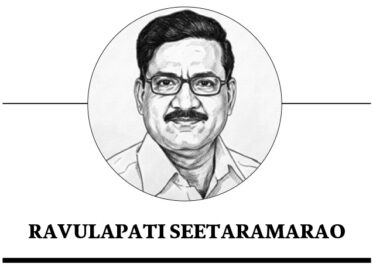
(The author is a retired IPS officer)
Related News
-
Deadly avalanche kills eight skiers in California
1 hour ago -
Ayodhya priest questions Telangana govt’s Ramzan relief move
2 hours ago -
Titans emerge champions in sixth Samuel Vasanth Kumar memorial basketball tournament
2 hours ago -
Hyd Open golf championship to kick off from February 19
2 hours ago -
Jammu and Kashmir enter Ranji Trophy final with win over Bengal
2 hours ago -
Telangana High Court seeks ground report on forest plantation at Damagundam
2 hours ago -
Sahibzada Farhan century powers Pakistan to big win over Namibia
2 hours ago -
Chief Minister’s Cup 2025 sees record participation across Telangana
2 hours ago

